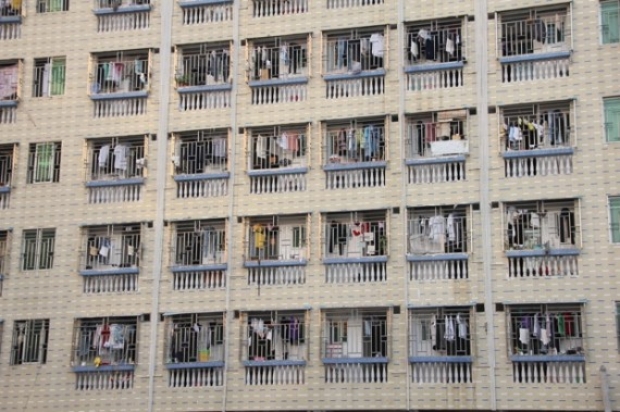China Labour Watch issued a lengthy report accusing the two companies of breaching numerous Chinese labour laws, including one barring temporary staff from exceeding 10 per cent of the total workforce.
In a statement, Apple said it investigated the percentage of temporary workers among the overall workforce and found it “exceeded our standards”. It said it was working with Foxconn to “immediately resolve the issue”.
Apple did not state whether the excess amounted to a breach of Chinese law and so far the Chinese authorities have not said anything either.
China’s Ministry of Human Resources and Security did not respond to a Reuters fax seeking comment. Reuters could not immediately determine any penalty for temporary employees exceeding 10 per cent of the workforce.
Apple said it discovered interns at a supplier facility had worked overtime at night, violating company policy, and that “this issue has been corrected.” It said the interns worked overtime voluntarily and were properly compensated.
Foxconn separately confirmed over-reliance on temporary workers, known internally as dispatch workers.
“We did find evidence that the use of dispatch workers and the number of hours of overtime work carried out by employees, which we have confirmed was always voluntary, was not consistent with company guidelines,” Foxconn said.
It said it “immediately began a detailed process to ensure that all issues were addressed”.
Perversely the Tame Apple Press has been using the news to advertise Apple’s coming iPhone release.
Reuters said: “US tech firm Apple relies heavily on Taiwan’s Foxconn and its Chinese manufacturing facilities to produce devices such as the iPhone, the next line of which will be unveiled on Tuesday” Just in case you needed to know when you can buy a phone which might break Chinese Labour Laws.

